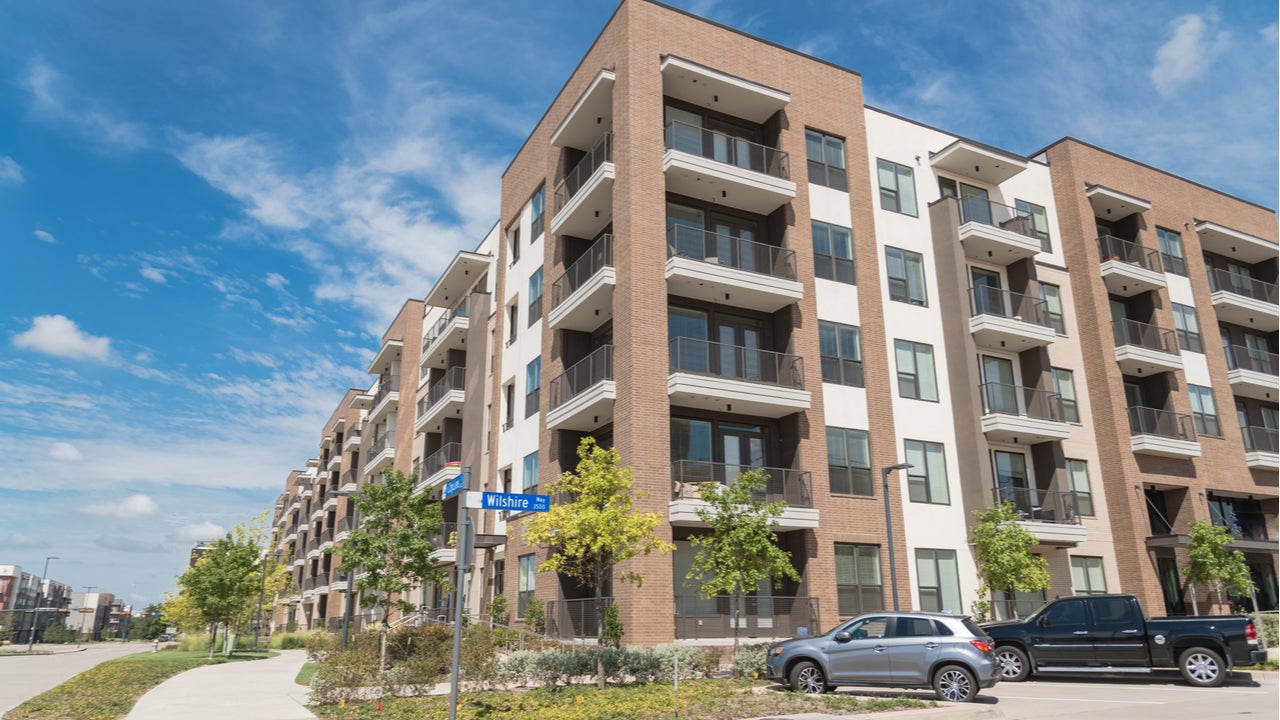How much does it cost to sell a house in Maryland?

Whenever you’re preparing to sell a home, it’s easy to focus solely on how much money you’ll earn from the deal. However, selling a house isn’t free — and before you can calculate your profits, it’s important to understand how much the transaction will cost you.
From Realtor fees to moving expenses, there are various costs that can eat away at your overall home-sale earnings. Here’s what to know about the cost to sell a house in Maryland.
Sellers’ closing costs
In any real estate transaction, both buyers and sellers will pay closing costs — a set of fees and expenses related to finalizing the transaction. Here are some of the most common closing costs for home sellers in Maryland:
- Transfer taxes: Maryland home sellers are subject to the state’s transfer tax, which has a rate of 0.5 percent of the home’s purchase price. (For a $400,000 house, that comes to $2,000.) Individual counties may also impose their own transfer and recordation taxes, with the rate varying by county. It’s not unusual for buyers and sellers to split these fees.
- Title costs: A title search and title insurance policies look for and protect against issues in the home’s ownership. These fees might be paid by either the buyer or the seller.
- Property taxes and HOA fees: As the homeowner, your property taxes must be paid through closing day. If you’re part of a homeowners association, the same goes for HOA dues.
- Escrow fees: If any funds are held in an escrow account during your transaction, you may be charged an account maintenance fee.
- Seller concessions: Many home sellers offer concessions, such as paying for repairs or some of the buyer’s closing costs, to sweeten the deal. If that’s the case, they’ll be settled as part of your closing costs.
- Attorney fees: Maryland does not require home sellers to hire a real estate lawyer to sell a home. However, it can be smart to use one anyway, to make sure the deal is solid and your interests are protected.
Real estate agent commissions
On top of closing costs, sellers also need to budget for another major expense: real estate agent commissions. They typically run between 2.5 and 3 percent of the home’s sale price per agent.
So, how much can you expect to pay in commissions? Let’s look at some examples. As of July 2024, the median home sale price in Maryland was $445,800, according to Redfin data. On a house of that price, a 2.5 percent commission would translate to $11,145.
However, home prices (and therefore commissions) vary significantly throughout the Maryland housing market. For example, homes in Baltimore sold for a median of just $239,900 in July, and a 2.5 percent commission on that would be just under $6,000. But in Potomac, where the median was $1,410,000, 2.5 percent comes to a much higher $35,250.
Keep in mind that commission structures recently changed, due to a lawsuit settlement. Some buyers may now pay their own agents directly, but depending on the details of your deal, you may still be responsible for paying your buyer’s agent’s fee. If that’s the case, these percentages will be doubled.
Home prep and moving costs
You may also want to put some money toward preparing your home for the market. Start by identifying any visible issues — like damaged flooring or peeling paint — and making the necessary repairs. Don’t get carried away, though, because not all improvements will recoup their full cost. If you’re unsure about what to fix, ask your agent.
Home staging, or hiring a professional to furnish and decorate your space, is another way to make your property shine. The cost can vary widely depending on how much work needs to be done, but a well-staged home can make your listing photos stand out in a crowd and increase appeal for in-person house-hunters.
There are ways to enhance your home from the outside, too. Cleaning the windows, repainting the front door and refreshing the landscaping are small projects that help boost your home’s curb appeal and create a better first impression with buyers.
Lastly, don’t forget to factor moving costs into your budget as well. For a local move with professional movers, you can expect to spend around $1,700, according to HomeAdvisor. But if you’re relocating from Maryland to another state, or cross-country, it could run thousands more.
How much do I get from selling my house?
The amount of money you’ll get from selling your home is known as your net proceeds. To calculate your net proceeds, subtract all of the costs of selling your home, including your remaining mortgage balance, from your home’s sale price. Whatever is left over is the amount you’ll actually earn on the sale.
Reducing costs
If you’re looking for ways to reduce the costs of selling a house, try these tips:
- Negotiate commissions: It’s often possible to negotiate real estate agent commissions. If your agent agrees to lower their rate, it could save you thousands of dollars.
- Sell as-is: Listing a home in as-is condition tells buyers that you won’t be fixing or upgrading anything before selling: In other words, what they see is what they get. While this can save you money on repairs, it can also potentially attract fewer buyers and fetch lower prices.
- Handle home prep yourself: While it’s best to leave major renovations to the pros, you may be able to tackle smaller tasks, like repainting or tidying your lawn, on your own.
- Shop around: Before hiring a particular service provider (for example, a home stager or moving company), request quotes from multiple companies and comparison-shop to find the best deal.
Alternatives
Working with a real estate agent is not your only option. Here are some alternatives to a conventional agent-assisted home sale:
- Cash homebuyers or iBuyers: If you need the funds from a sale quickly, consider selling to a cash homebuying company. These firms make speedy, all-cash offers on homes in just about any condition, and they close within weeks (or even faster), usually without any fees. iBuyers operate similarly, but they typically do charge fees and are choosier about what types of homes they will buy. However, in exchange for these firms’ speed and convenience, you’ll likely make less money than you could on the open market.
- For sale by owner: In a FSBO sale, you’re in the driver’s seat on your sale and you avoid paying a listing agent’s commission. But you also have to take on all of the work that an agent would otherwise perform, and you may still need to cover the buyer’s agent’s fee.
- Access your home equity: To access cash without selling your home, consider leveraging your equity with a home equity loan or line of credit.
- Rent your home instead: If you don’t need the cash right away (and have somewhere else to live), you could rent your house out to a tenant instead of selling. This can provide significant extra income: Houses in Maryland rent for a median price of $2,595 per month, according to Zillow Rental Manager.
Next steps
If you’re ready to sell, your next step is to hire a knowledgeable real estate agent who understands the market in your specific Maryland location. Having a pro’s insight and experience is invaluable when it comes to getting the best deal possible. But if speed is more important to you than price, look into local cash-homebuying companies in your area — they will get the deal done much faster than a traditional sale.
FAQs
Why we ask for feedback Your feedback helps us improve our content and services. It takes less than a minute to complete.
Your responses are anonymous and will only be used for improving our website.






